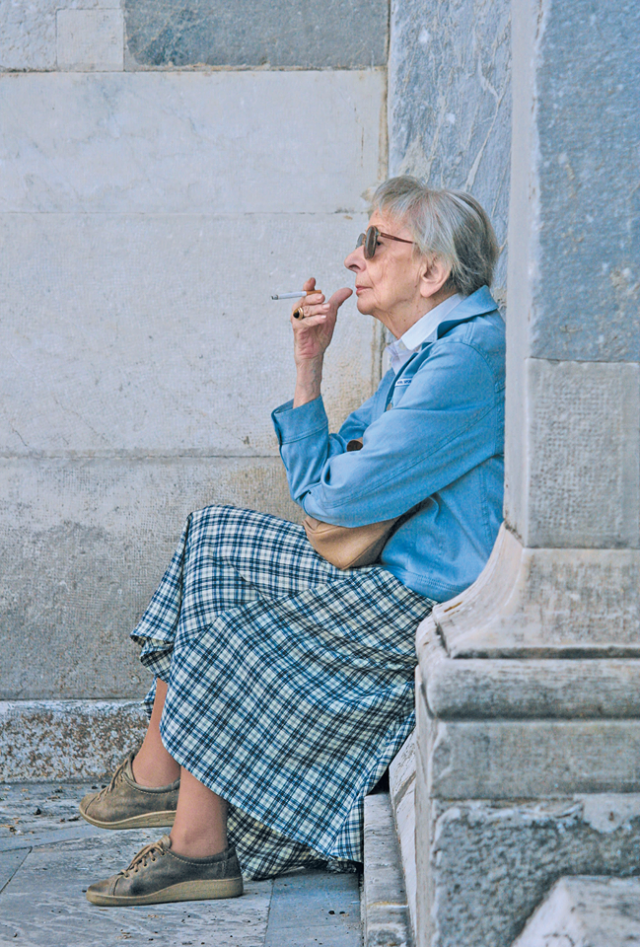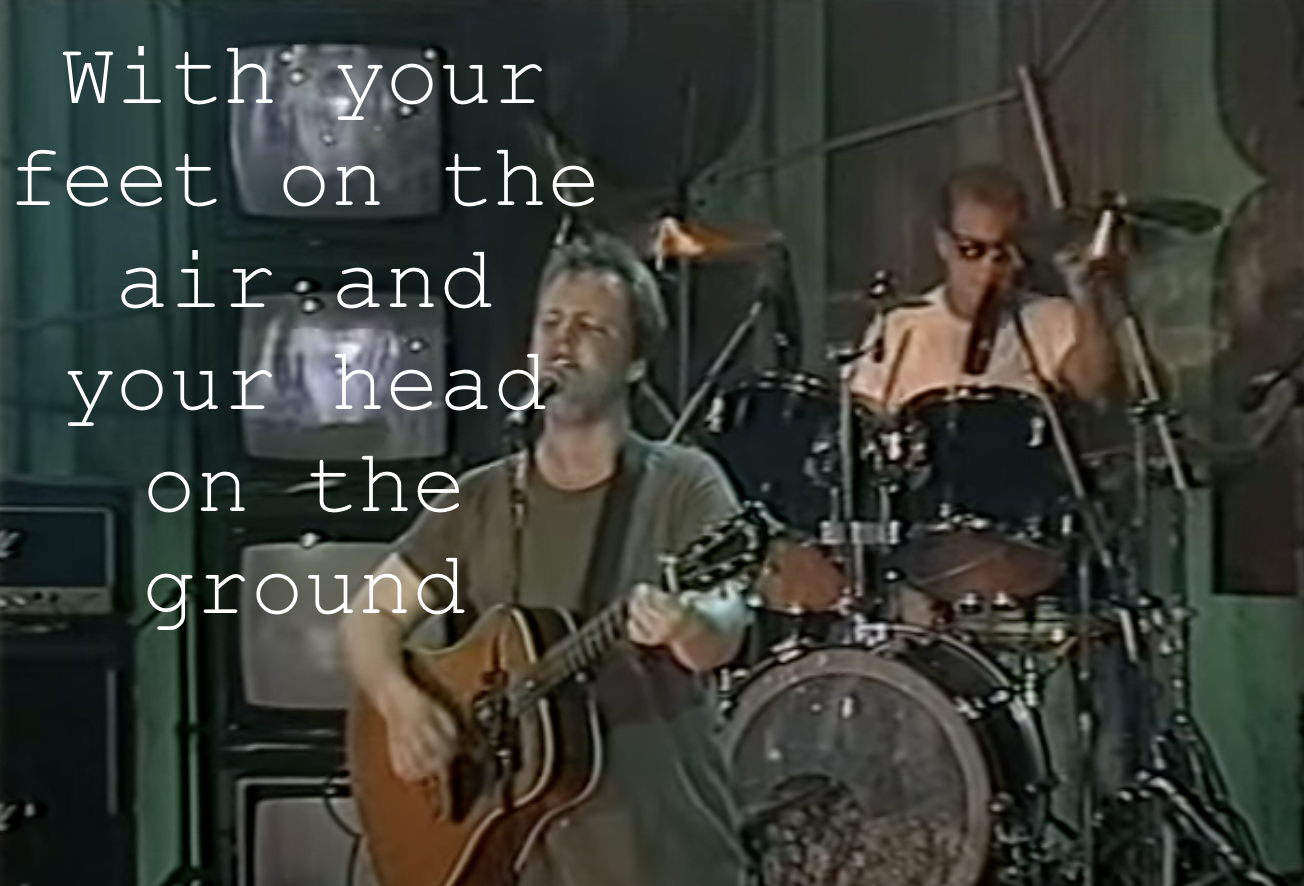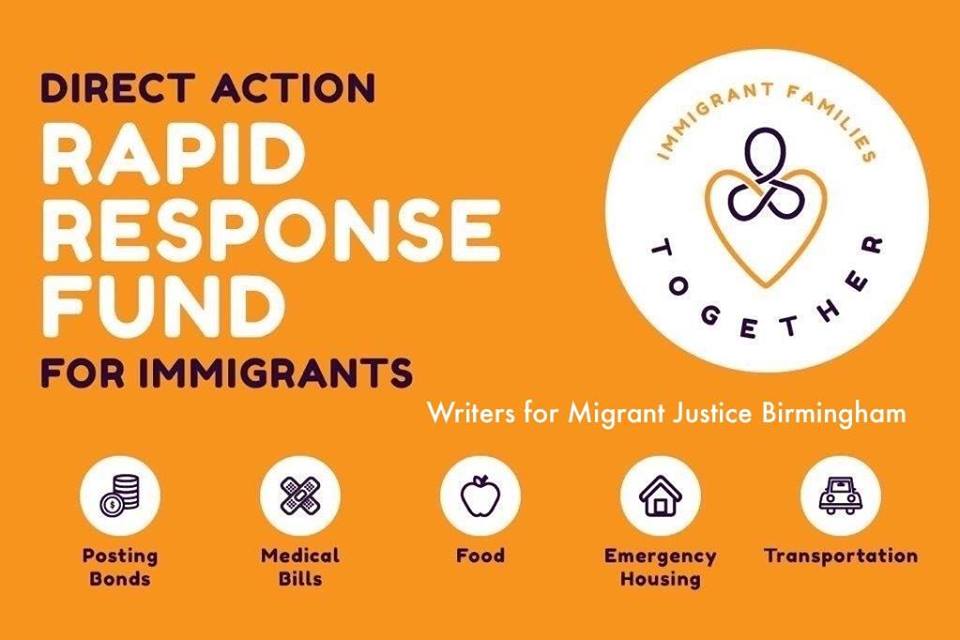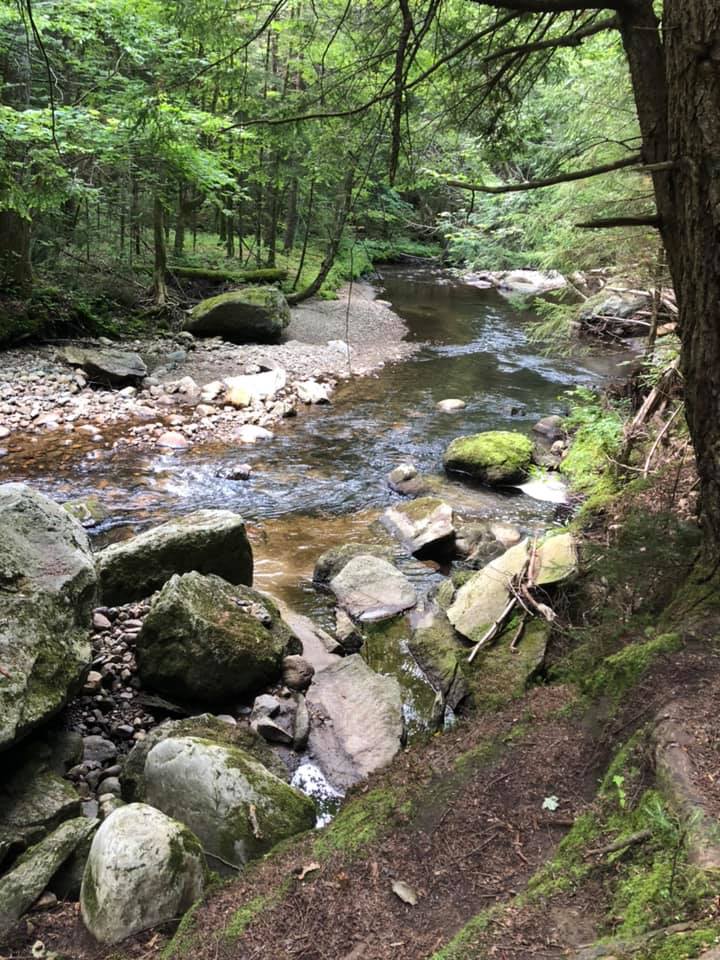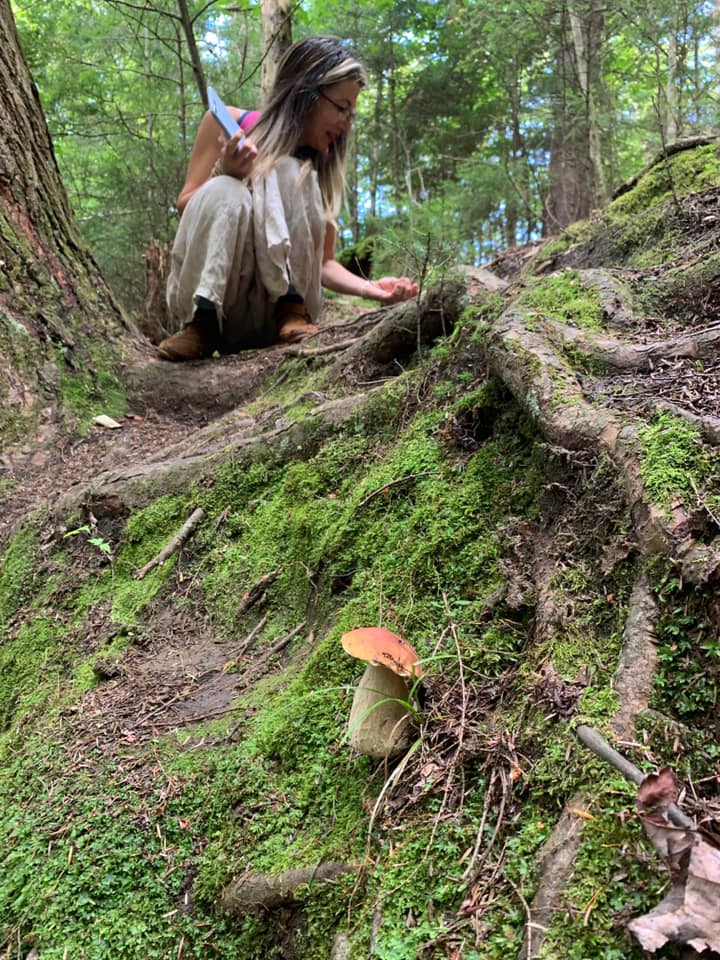1.
Or what I learned about honoring the sentence from Garielle Lutz.
I adore the The Paris Review. And I’ve never loved it more than I do now, under the keen eye editorial eyeof Emily Nemens. —So when it showed up on my doorstep the other day, of course I couldn’t not read Mona Simpson’s “Art of Fiction” interview with Alice McDermott.
Enter the trifling art of disclaimer required by the rise of literal Bible readings that allow people to strip a statement out of context and invent an evidence for whatever they’re claiming to know for fact. Enter, specifically, the disclaimer that says I admire Alice McDermott’s beautiful novels —and her treatment of sentence as a facet of each novel’s voice—but I’m not convinced by her disdain for “a sentence that seeks to dazzle,” a position that walks that like a stylistic preference but talks like a Sunday school ethics. To be fair and quote McDermott herself:
“As a writer, I also see sentence-making as the ultimate test of authorial ego. As soon as a sentence calls attention to itself, demonstrates how clever the author is, how astute, how talented, I know something’s gone wrong. The writer is no longer at the service of her words, the words are serving the writer. Each sentence needs to be entirely necessary to the work as a whole, and yet each sentence needs to be full of humility. A sentence that seeks to dazzle is merely annoying. A sentence that dazzles even as it deflects our amazement, graciously leading us to the next, is a sentence worth keeping.”
But it is really this easy? A good sentence is not always gracious. A good sentence may be a terrible house-guest. A good sentence may demand all the breath in one’s lungs to survive it. I’ve come to believe that a good sentence, like any invention, asks for mercy in surprising ways.
Good short stories demand sentences that exist outside the perpetuation of ambiance. I’m not sure if McDermott’s statement bothers me more as a “female” (who has learned the fine art of setting tables and whispering to be heard) or as a writer (who hopes that we risk the shitty falsetto high notes in an effort to deepen the stakes of the page). Given how Proust changed the frame as well as the syntax, I can’t even be sure “humility” describes sentence in a meaningful, continuous way.
More than any other living writer, it was Garielle Lutz who showed me how to grab a sentence’s arm and twist it until the sentence said mercy.
Enter their canonical-for-me lecture, “The Sentence Is A Lonely Place.” Note how Lutz frames the writer’s responsibility at the sentence-level:
“The sentence, with its narrow typographical confines, is a lonely place, the loneliest place for a writer, and the temptation for the writer to get out of one sentence as soon as possible and get going on the next sentence is entirely understandable. In fact, the conditions in just about any sentence soon enough become (shall we admit it?) claustrophobic, inhospitable, even hellish. But too often our habitual and hasty breaking away from one sentence to another results in sentences that remain undeveloped parcels of literary real estate, sentences that do not feel fully inhabitated and settled in by language. So many of the sentences we confront in books and magazines look unfinished and provisional, and start to go to pieces as soon as we gawk at and stare into them. They don’t hold up. Their diction is often not just spare and stark but bare and miserly.”
And again, a few paragraphs of heaven later:
“…the words inside the sentence must behave as if they were destined to belong together—as if their separation from each other would deprive the parent story or novel, as well as the readerly world, of something life-bearing and essential. These writers recognize that there needs to be an intimacy between the words, a togetherness that has nothing to do with grammar or syntax but instead has to do with the very shapes and sounds, the forms and contours, of the gathered words. This intimacy is what we mean when we say of a piece of writing that it has a felicity—a fitness, an aptness, a rightness about the phrasing. The words in the sentence must bear some physical and sonic resemblance to each other—the way people and their dogs are said to come to resemble each other, the way children take after their parents, the way pairs and groups of friends evolve their own manner of dress and gesture and speech….The impression to be given is that the words in the sentence have lived with each other for quite some time, decisive time, and have deepened and grown and matured in each other’s company—and that they cannot live without each other.”
Every single sentence should earn its right to exist on the page.
And “humble” sentences can oversell plot, and bring as much of the author into the sentence as an extravagant sentence. Is someone revealing less of their own “style” when they invite us into a minimalist bedroom rather than a baroque one?
Is it really the case that an author reveals their vanity by writing in a way that resembles a red velvet bedspread? And where would McDermott’s position leave Diane Williams or Grace Paley or Silvina Ocampo?
2.
Destabilized punctuation allows us to apply leverage at the micro-level, the half-breath, the precarious.
Lutz taught me to love the hyphen. Or, rather, they wrote a few sentences on this subject that made my embrace of the hyphen feel both natural and humanitarian in the baroquest way:
The hyphen, though, is the sweetest of punctuation marks, because it unites words into couples (and sometimes threesomes and foursomes). It’s an embracer. It does most of its most important business in front of nouns, and its business is to make things clearer. If somebody were teaching a workshop devoted to short fiction, for instance, too many people would describe it as a “short fiction workshop.” But that would mean it was a fiction workshop of brief duration. A hyphen between “short” and “fiction” would formalize the union of the two words, and they would together serve, in conjugal fashion, as a single adjective. But not all of the words in adjectival compounds preceding nouns should be hitched together with hyphens. You should never force a hyphen into the space between an adverb ending in “ly” and an adjective or a participle (“a nicely-turned phrase” is always wrong), but if the word ending in “ly” is an adjective, a hyphen is required (“a sickly-looking dog”). Things get very, very complicated when a noun is preceded by an adjectival compound whose first word is an adverb not ending in “ly.” Do you write “a once popular singer” or “a once-popular singer”? A few years ago, trying to recover from a traumatic breakup, I made a study of hyphenation patterns in the New Yorker magazine back when William Shawn was in charge. I made the hyphen my lifeline, and I put my trust in William Shawn and his grammar genius, Eleanor Gould Packard. I noticed that the New Yorker would publish a formation like “a not too pleasant afternoon” but also “a not-quite-pleasant afternoon.” A phrase like “a once-happy child” would sport a hyphen, but “a once promising student” would not, so I concluded that you put a hyphen after “once” if it’s followed by an adjective, but you leave the phrase unhyphenated if “once” is followed by a participle. I tried my best to suss out all of the underlying patterns (I was really, really grieving, and may have been missing all the obvious points), and I compiled a biggish list. But I started finding inconsistencies: something like “an ever so delicate girl” would show up in one issue and “an ever-so-prissy girl” in another; something like “a much recorded song” in one article and “a much-visited city” in another. A further source of big trouble for me was whether to hyphenate an adjectival compound that follows a linking verb. Do you write “She is well thought of” or “She is well-thought-of”? None of the manuals addressed this matter to my satisfaction, so I again turned to the New Yorker for guidance. I eventually fell in love with somebody else and slept deeply for a while.
I think the hyphen is scary, heavy, unwieldily, prone to burlesque. I think Lutz offers us a way of learning to “handle” the tools that appear off-putting or dangerous. I think he deserves a hyphen-garland for that.
3.
Verbal frottage gives rise to “acoustical daisy chains”.
I read Lutz's short fiction, “Nothing Clarion Came of Her Either,” again and again, trying to understand its strange subject-verb juxtapositions and rattling language. How do you make words rub together like that? And why do I re-read Lutz in a way I’ve never considered re-reading McDermott?
In an interview with Ross Simonini, Lutz described the process of verbal frottage that happens inside a sentence as “largely intuitive and probably unnatural”:
“….a lot of what I seem to be doing when I try to get from one end of a sentence to the other—a crossing that can take hours, days, weeks—is introducing words to each other that in ordinary circumstance would never meet. I might pair them off because they share a throbbing interior vowel or the same consonantal shell, or because I have some other hunch that they belong together, even though anyone else might write them off as entirely incompatible. I guess I work my way through a sentence by instigating these relationships—a perverse sort of matchmaking, apparently—and then to keep the words from getting too cozy, I might reach for an uncustomary preposition that plunges the sentence into some queasy depths.“
Part of this is rooted in the discovery of “acoustical daisy chains”, which Lutz attributes to Gordon Lish. Here’s how Lutz describes an acoustical daisy chain:
“..in the most favorable of circumstances, a sentence-starting word at long last presents itself, and the language at large gets wind of this little instigation, and then whichever word in particular is feeling itself to be the most acoustically sympathetic to the first word will eventually throw itself at it, and then a third word arrives on the scene and senses an affinity with what the first two are doing and figures itself into the emerging pattern. If you can keep this up, if every word has such deep attraction to its neighbors to the left and to the right, the prose coheres and takes on a distinct character or tonality.”
This jostles the syntax, so you might find an intransitive verb being given a direct object, as Fiona Maazel does here, where the s-sounds call out for each other in that final section, the addicts begging for a strong verb like “collides” to make noise at the molecular level:
“I’ll note the odds of these people finding each other in this group; our sundry pasts and principles; the entropy that collides addicts like so many molecules".”
Natural acoustical adhesives include alliteration, assonance, a predominance of stressed syllables within each sentence, and associative linkages that mine the subterranean level of connotation and sonic charge.
4.
Sam Lipsyte’s does Lutzish things.
Justin Taylor’s “Craft Talk Nobody Asked For” which excavates Sam Lipsyte’s novels for Lutzian sentence-making, bowled right up my alley of preferences. It’s an attentive, detailed breakdown of Lipsyte’s fiction that deserves a close read by novelists.
And I’d like to include a Lipsyte-Lutz observation of my home, taken from Lipsyte’s novel, Homeland:
“Some nights,” I said, “I picture myself naked, covered in napalm, running down the street. But then it’s not napalm. It’s apple butter. And it’s not a street. It’s my mother.”
Breaking the lines in this short segment could easily create a poem. Notice that nothing quite follows—the motion is associative but held together tightly by syllabic rhythm and beat.
5.
Plot isn’t the only way to tell a story.
Lutz challenges the role of plot by borrowing from the eye of the camera:
“I think that movies are the ideal medium for getting characters from one place to another without making a big deal out of routine movement, and at the same time you can get the colors of the rooms or the neighborhoods, the weather, and emotionally convenient music on the soundtrack. Nobody has to come out with dulling declarations of “Then she got into the car” or “There he goes to the bathroom again.” How-to books on the short story instruct writers to block out scenes as plays in miniature. Something in me wants to counter: Then why not just write a play or movie script instead? Why not try to do in a sentence or paragraph what can’t be done in a shot or filmic sequence? Anyway, I am not one for plots—I think I recall somebody having remarked that the word “plot” itself gives off a whiff of burial dirt—and I find the concept of “cause and effect” to be tediously overrated.”
I can’t imagine reading anything by Denis Johnson and failing to notice he brings the same wandering lens to the page.
6.
Poetic prose isn’t always purple isn’t always poetry.
Lutz observes that the border erected between poetry and fiction “seems less secure than ever.”
“A lot of writing passes back and forth without anyone summoning the authorities. Some people have told me that what I write is poetry, that it could be laid out as such. But I am a sucker for the old notions of poetry and would never think of my paragraphic jitter in that light. Besides, regarding my stuff as prose is a much more cost-efficient use of paper. The reader gets a full page.”
Though Lutz refuses to grant a genre-switch, they acknowledges their sentences’ sonic relationship to poetry. And I think the incredible sonic spasm of sentences, including those of Lucia Berlin and Deb Olen Unferth and many others, often set apart the interesting from the fascinating.
Sven Bikerts compares Lutz to poet John Ashbery in an interesting way:
The overall effect of a Lutz piece is not unlike what we experience reading a John Ashbery poem, and for a similar reason. For Ashbery uses the heightened expectancy that attends the poetic event to intensify our awareness of his dreamy non-sequences, their language and their a-logical shifts. Looking for a poem, we give the words on the page extra weight, and in the resulting disequilibrium we encounter the peculiar and deeply familiar sensations of our ambient late-modernity. Lutz makes comparably cunning use of the expectations we bring to the story form and the movement of narrative to crisis and resolution. His is a similarly deflationary aesthetic.
A “deflationary aesthetic.” Though I see more similarity between Lutz and Albert Goldbarth than John Ashbery, Bikerts’ comparison identities the tonality of unmooredness that results from syntactical reversals of expectation doing the work of plot.
7.
Hug Mark Yakich.
And I would be lying through my unbrushed teeth if I didn’t admit that I cried a little when Mark Yakich blurbed my fiction collection with a special eye to my sentence-making and a nod to Lutz. I would be lying and crying.
Instead, I’m encouraging you to check out this new collection by an incredible poet and human being. Thanking the stars and seahorses for him.

